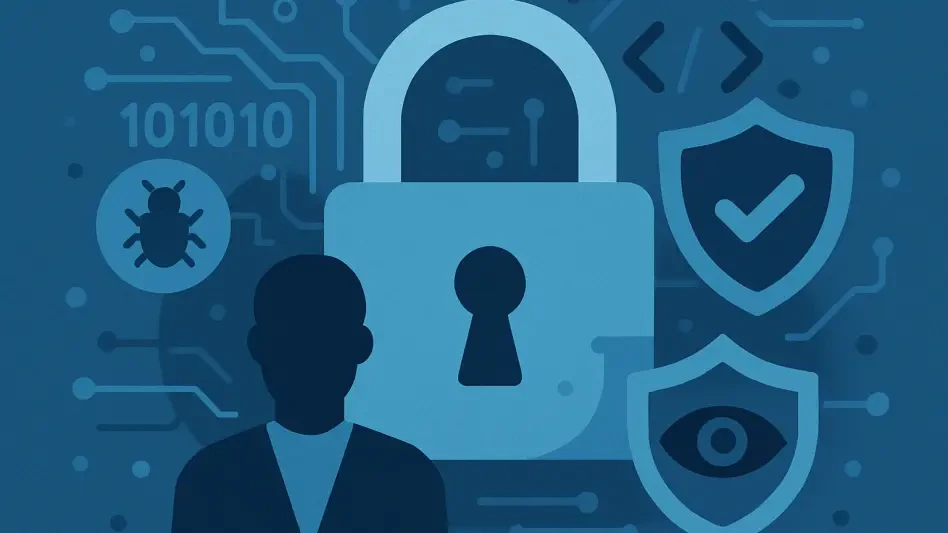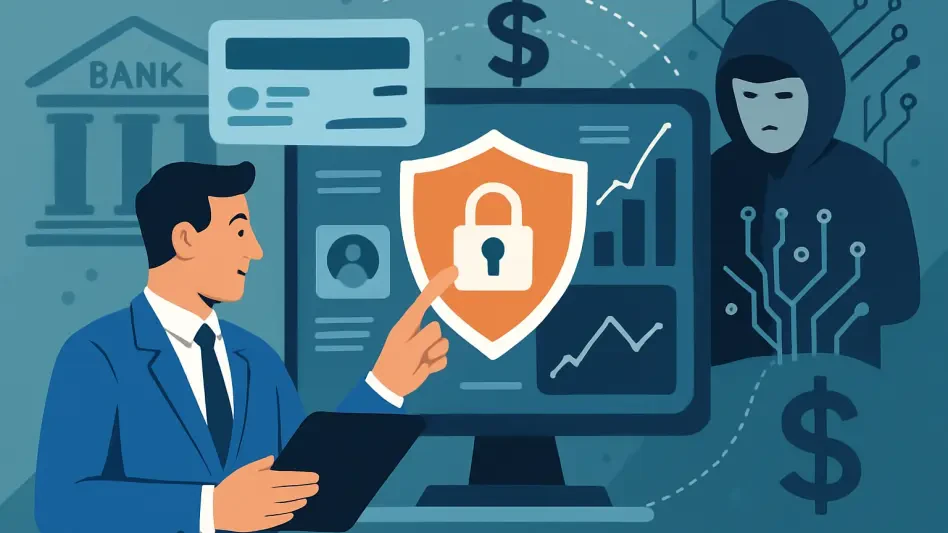In an era where digital threats loom larger than ever, Canada finds itself at a critical crossroads with the introduction of Bill C-8, formally known as “An Act Respecting Cybersecurity,” which was tabled on October 7 of this year. This proposed legislation aims to empower the federal government with extensive authority to curb internet access and services for individuals flagged as online risks, sparking a heated debate about the delicate balance between bolstering national security and safeguarding personal privacy. A particularly alarming concern has surfaced with the revelation that Privacy Commissioner Philippe Dufresne was not consulted prior to the bill’s presentation in Parliament. This oversight has ignited fears that privacy considerations may have been sidelined in the urgency to address cybersecurity challenges, raising questions about the government’s commitment to protecting fundamental rights while tackling digital threats head-on.
Sweeping Powers and Rising Concerns
The core of Bill C-8 lies in its proposal to grant the Canadian government unprecedented control over digital access, allowing officials to restrict internet services to those deemed cybersecurity threats. Such broad authority, while potentially effective in neutralizing online dangers, has sparked significant apprehension among critics who fear it could pave the way for governmental overreach. Without clearly defined criteria or transparent processes, there’s a tangible risk that innocent individuals might find themselves cut off from essential internet connectivity—a cornerstone of modern life. The implications of such actions extend beyond mere inconvenience, touching on deeper issues of personal freedom and the right to access information. As the digital landscape continues to evolve, the potential for misuse of these powers looms large, prompting urgent calls for stricter guidelines to ensure that security measures do not trample on civil liberties in the name of protection.
Equally troubling is the lack of robust oversight mechanisms within the framework of Bill C-8, a point that has drawn sharp criticism from various quarters, including Conservative MP Michael Barrett. Barrett has publicly condemned the legislation for endowing the government with what he describes as “secret, warrantless powers” over Canadians’ communications, a characterization that underscores broader anxieties about unchecked surveillance. This absence of accountability could enable authorities to monitor or control digital interactions without sufficient justification or independent review, threatening the democratic principles that underpin Canadian society. The fear is not just about immediate impacts but also about setting a precedent for future legislation that might further erode privacy under the guise of security. As debates unfold, the need for transparent checks and balances becomes increasingly apparent to prevent potential abuses of power.
Exclusion of Privacy Expertise
A particularly contentious aspect of Bill C-8’s development is the government’s failure to seek input from Privacy Commissioner Philippe Dufresne before the bill was introduced in Parliament, a misstep that has fueled widespread concern. Dufresne, whose role is to advocate for the protection of personal information, testified before the Commons ethics committee that his office was entirely bypassed during the drafting phase of this critical legislation. This omission is seen as a significant procedural flaw, casting doubt on whether privacy considerations were adequately weighed against security imperatives. With digital privacy already a pressing issue for many Canadians, the exclusion of such a key figure raises serious questions about the government’s priorities and its approach to crafting laws that impact fundamental rights in the online realm.
During his testimony, Dufresne offered a measured perspective, acknowledging that there is no legal mandate requiring consultation with his office prior to tabling legislation, yet stressing the value of incorporating privacy principles from the start. He advocated for embedding concepts like necessity and proportionality into Bill C-8 to ensure that any governmental actions are both justified and restrained. Far from outright rejection, his position reflects a constructive call for refinement, aiming to align security needs with the protection of individual rights. Had his expertise been sought earlier, the legislation might have emerged with stronger safeguards, potentially mitigating some of the public and parliamentary backlash it now faces. This missed opportunity highlights a critical gap in the legislative process, one that could have profound implications for how privacy is prioritized in future policy-making.
Historical Parallels and Persistent Challenges
The controversy surrounding Bill C-8 is not an isolated incident but echoes concerns raised by an earlier piece of legislation, Bill C-26, which similarly aimed to enhance cybersecurity but faltered due to privacy issues before expiring in the previous parliamentary session. That bill, much like the current one, faced significant opposition for its perceived threat to individual rights, revealing a recurring struggle in Canadian policy to strike a balance between security and privacy. The unresolved fate of Bill C-26 serves as a cautionary tale, suggesting either a lack of political resolve to address these criticisms or an underestimation of the public’s commitment to safeguarding personal freedoms. As Bill C-8 moves forward, it risks repeating history unless lessons from the past are heeded, underscoring the importance of integrating robust privacy protections into its framework.
Beyond historical context, there is growing unease among Canadians and advocacy groups about the gradual erosion of privacy rights under the banner of cybersecurity, a sentiment that permeates current discussions around Bill C-8. Critics, including opposition MPs and privacy experts, argue that national security should never come at the expense of fundamental liberties, a view reinforced by Dufresne’s emphasis on the need for legislative safeguards. This widespread concern reflects a deeper demand for transparency and accountability in how such powerful laws are conceived and enacted. The tension between protecting the nation from digital threats and preserving personal autonomy remains a central challenge, one that requires careful navigation to avoid alienating the public or undermining trust in governmental institutions. As debates continue, the call for a balanced approach grows louder, urging lawmakers to prioritize both security and rights.
Path Forward for Balanced Policy
Reflecting on the discourse around Bill C-8, it becomes evident that the debate encapsulates a profound struggle to reconcile national security imperatives with the preservation of individual rights in a digital age. The sweeping powers proposed, coupled with the notable exclusion of Privacy Commissioner Philippe Dufresne from early consultations, have stirred significant unrest among stakeholders. Critics like Michael Barrett have voiced legitimate fears of overreach, while Dufresne’s testimony has highlighted the missed chance to embed privacy safeguards from the outset. These discussions have laid bare the complexities of crafting legislation that addresses modern threats without compromising democratic values, pointing to a critical moment in Canadian policy history.
Looking ahead, the path to resolving these tensions lies in fostering greater collaboration between government bodies and privacy experts before such bills advance further. Establishing mandatory consultations with figures like the Privacy Commissioner could ensure that privacy remains a cornerstone of legislative design. Additionally, integrating clear oversight mechanisms and public accountability measures into Bill C-8 would help mitigate risks of abuse, rebuilding trust among Canadians. As digital challenges evolve, adopting a proactive stance that anticipates privacy concerns rather than reacts to criticism will be essential for creating sustainable and equitable cybersecurity policies.







